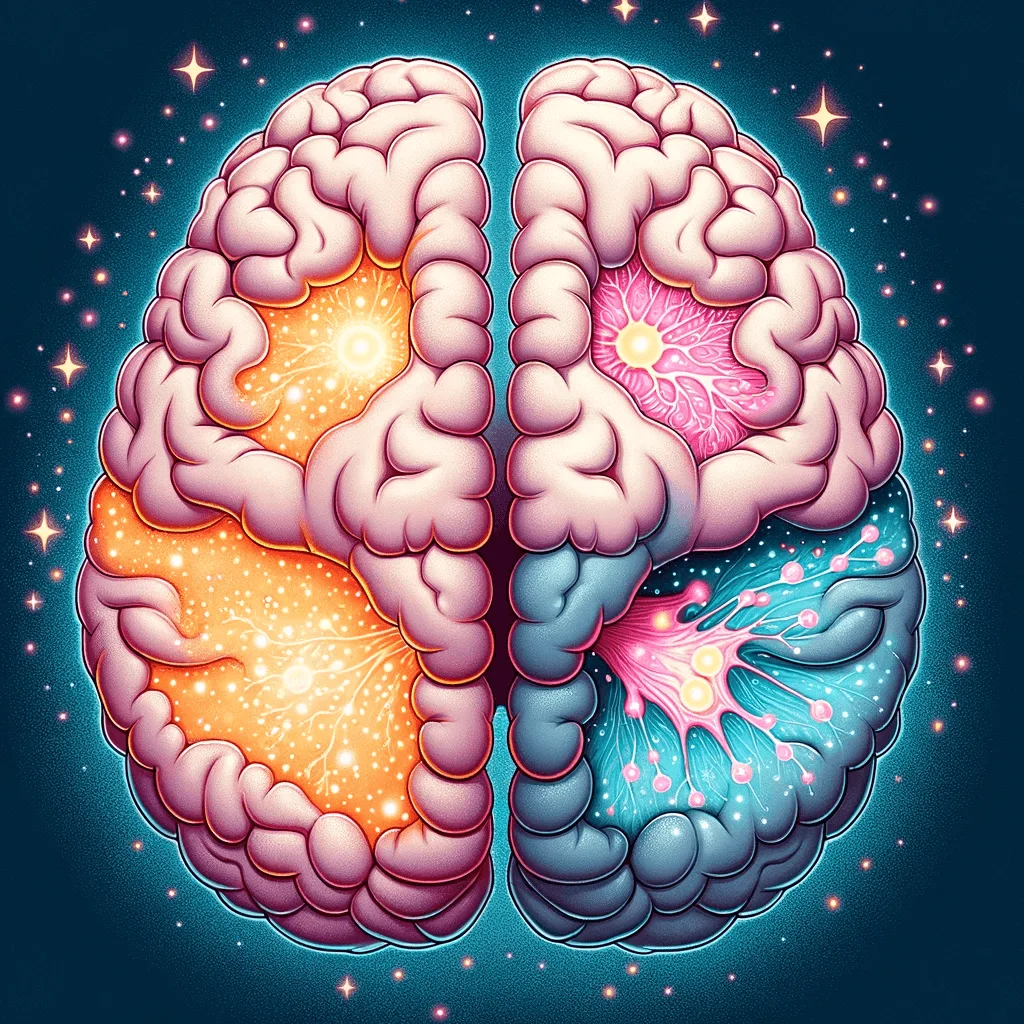
Meditation Explored: 10 Cutting-Edge Discoveries
Meditation, an age-old practice, has been undergoing a modern renaissance, with science diving deep into its mysteries. As researchers explore its intricacies, they continue to unveil fascinating facts that bridge ancient wisdom with contemporary discoveries.
article by Hina Kurosawa
1. Meditation Boosts Immune Function
Beyond Mindful Healing: Recent studies have shown that meditation can lead to increased production of antibodies, suggesting a direct link between mindfulness practices and immune system enhancement. This means meditators might be better equipped to fend off illnesses.
2. Altering Gene Expression
Molecular Transformation: In a groundbreaking discovery, researchers found that meditation can influence gene expression, particularly genes associated with inflammation and stress. This indicates meditation's potential in cellular health and disease prevention.

3. Structural Brain Changes In Just 8 Weeks
A study at Harvard revealed that practicing mindfulness meditation for just eight weeks led to significant increases in the gray matter density of the hippocampus, vital for learning and memory, and reductions in the amygdala, linked to anxiety and stress.
4. Enhancing Gamma Wave Activity
Brainwaves in Harmony: Advanced meditators show heightened gamma wave activity even when they're not meditating. Gamma waves are associated with higher mental processes like increased perception, problem-solving, and consciousness.

5. Meditation As Addiction Aid
Breaking the Chains: Emerging research suggests that meditation, especially mindfulness, can be a potent tool in addiction recovery. It appears to weaken the link between craving and the act of consuming, be it drugs, alcohol, or even unhealthy foods.
6. Improved Attention Span & Multitasking
Mastering Modern Challenges: In our digital age, attention is a valuable commodity. Research indicates that meditation can improve one's attention span and multitasking abilities, vital skills in today's information-rich environments.

7. Meditation's Role In DNA Repair
Guarding the Genetic Code: Preliminary studies suggest that meditation might boost the activity of telomerase, an enzyme responsible for maintaining and repairing the ends of chromosomes. This has potential implications for cellular aging and overall longevity.
8. Counteracting Loneliness In The Elderly
A Touch of Connection: Research among the elderly has shown that an 8-week mindfulness meditation program can effectively reduce feelings of loneliness, a significant risk factor for various health issues, including cardiovascular diseases.

9. Meditation & Empathy: The Oxytocin Link
The Bonding Hormone: Recent studies have suggested that meditation can boost levels of oxytocin, often dubbed the "love" or "bonding" hormone. This could explain the heightened sense of connection and empathy many practitioners report.
10. Enhancing Creativity through "Open Monitoring" Meditation
Unlocking Innovation: Open monitoring meditation, where one is attentive to every experience without focusing on any particular object, has been shown to enhance divergent thinking, a key component of creativity.
The nexus of ancient meditation practices and modern science is a testament to the enduring relevance of mindfulness in our ever-evolving world. These cutting-edge discoveries underscore meditation's profound potential, not just as a tool for relaxation, but as a catalyst for holistic well-being, transformation, and enlightenment. As science continues to delve deeper, one can only imagine what other wonders lie in store.
Published: 10/18/2023
Modified: 1/26/2024
More predictions
Come back here soon to learn more about yourself and your future





